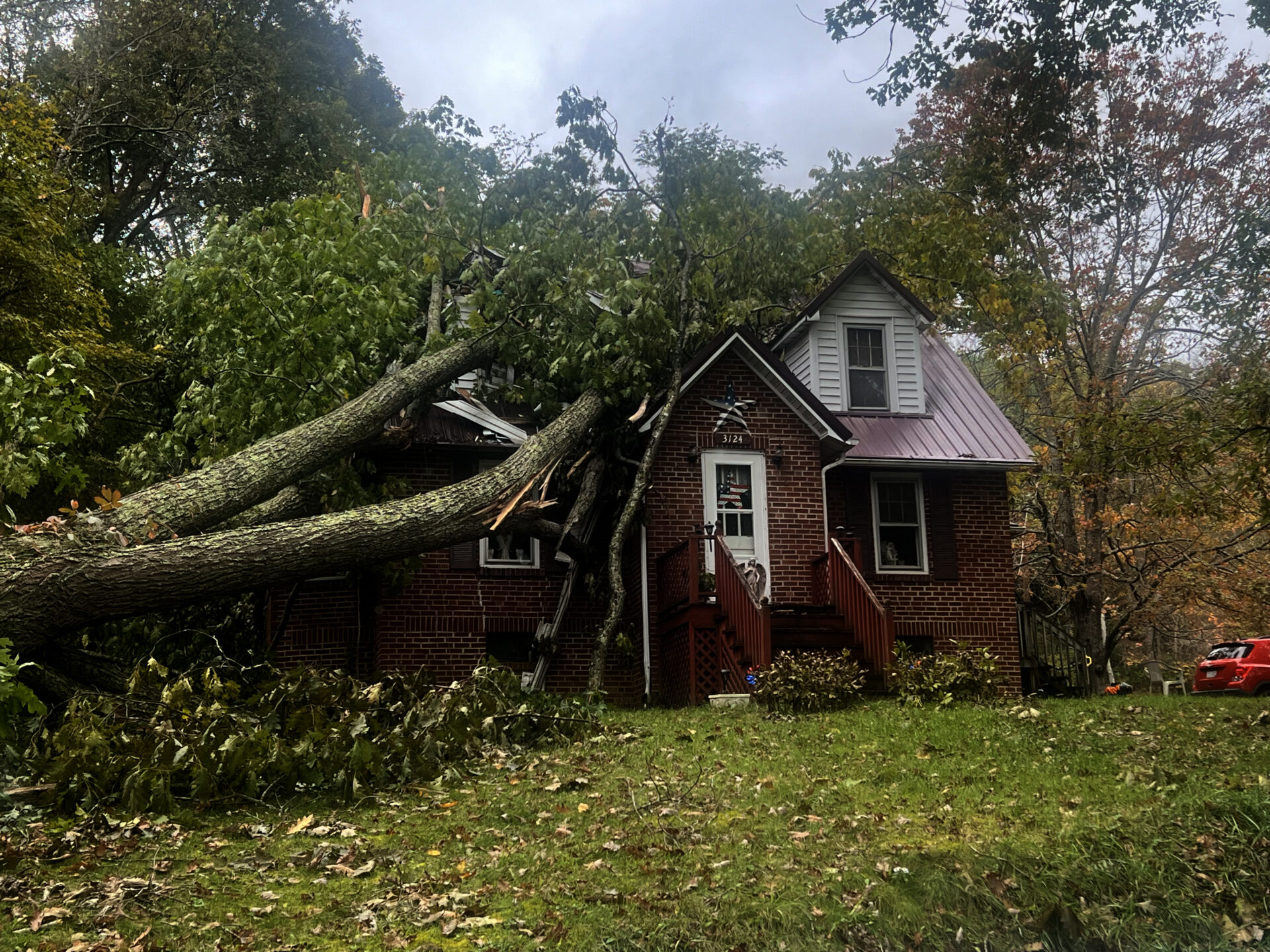The Federal Emergency Management Agency has provided guidance to residents seeking federal aid after floods ravaged several counties in southern and central West Virginia in August.
The Federal Emergency Management Agency (FEMA) has distributed letters to some residents of Boone, Calhoun, Clay, Harrison and Kanawha counties affected by flooding in August 2023.
These letters were distributed to residents who applied for federal relief funds. They outline applicants’ eligibility for funds, and next steps to claim them.
Last summer, flash floods swept southern and central West Virginia, damaging homes and businesses across the counties.
On Jan. 30, President Joe Biden officially declared the flooding incident a major disaster, opening the region and its residents to federal recovery funds. The funds can be applied to home repairs, property loans and more.
Since the disaster declaration, FEMA has allocated more than $1 million to the West Virginia counties. FEMA supplied residents an additional $72,000 cumulatively for other disaster costs like childcare and medical expenses.
FEMA has encouraged individuals affected by the flooding to file insurance claims immediately. Costs not covered by insurance can be covered through FEMA funds, and an end date for the application period has not yet been announced.
For residents who have already submitted their applications, letters from FEMA regarding next steps should have already come, or soon be on their way.
The letters will state if residents need to submit supplemental information to complete their claims, like proof of insurance, proof of occupancy in a house affected by the flooding and proof of ownership of said property.
FEMA encouraged residents to promptly submit necessary supplemental materials and to follow guidance provided in the letters. FEMA also encouraged residents who have not yet filed a claim to do so as soon as possible.
For more information on the eligibility letters, residents can contact FEMA’s Disaster Assistance Helpline at (800) 621-3362, or visit disaster recovery centers in Boone, Clay, Harrison or Kanawha counties.
For more information on the disaster declaration and submitting a federal aid claim, residents can visit fema.gov/disaster/4756.
